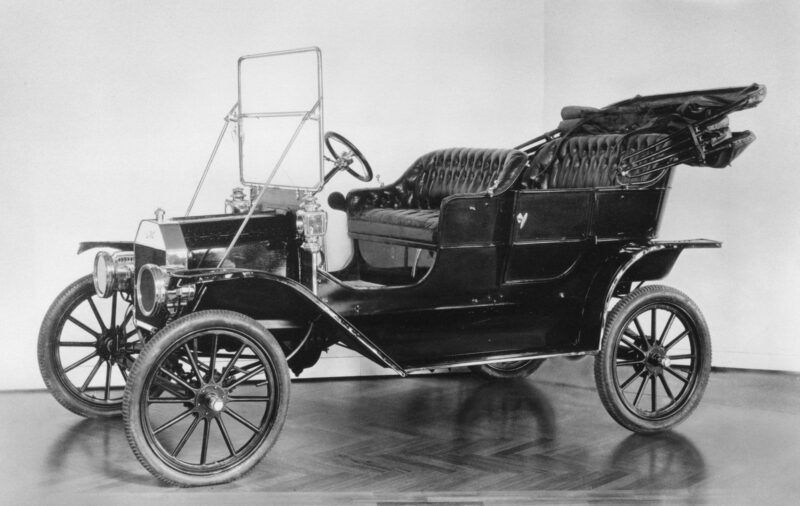The Ford Motor Company is one of the oldest and most successful automobile companies in the world. Founded by Henry Ford in 1903, it has gone through many transformations over the past century to become a global powerhouse of innovation and technology.
From producing its first car to developing smart technologies for modern vehicles, The Ford Motor Company has stayed true to its roots, and to ford motor company culture, while adapting itself for changing times. By studying its history and evolution, we can learn valuable lessons about how businesses should remain adaptive yet consistent with their core values over time.
1. Overview of 100-Year History of Companies
The Ford Motor Company has a rich and storied history that spans more than 100 years. Founded by Henry Ford in 1903, the company began with just two employees and eventually grew to become one of the largest automobile manufacturers in the world.
In its first five decades, Ford developed numerous revolutionary technologies such as the moving assembly line, and pioneered mass production techniques. The company also ventured into other industries including aviation, electronics, finance, and insurance. Over time, it adapted itself to changing market trends and customer demands by introducing new models like its iconic Mustang sports car or its luxury Lincoln brand vehicles.
Today’s Ford is still adapting to meet modern needs while staying true to its original spirit of innovation and progressiveness. Its 100-year history is an inspiring tale that serves as a reminder for businesses everywhere on how they can remain relevant even after several generations have passed since their founding.
2. Benefits of Learning From Companies With Long Histories

From producing the iconic Model T to developing electric vehicles, Ford has consistently pushed the boundaries of automotive innovation. By studying this company’s long history and evolution, we can gain valuable insight into how companies operate and succeed in today’s ever-changing business landscape.
Learning from a company with such a long track record of success can provide invaluable lessons on how to develop successful strategies, create strong brands, foster customer loyalty, and stay ahead of competition. Additionally, studying Ford’s past failures can help businesses identify potential pitfalls before they occur and make more informed decisions that will drive growth going forward
3. The Evolution of Ford Motor Company Over the Last Century
The Ford Motor Company is one of the few businesses that has been around since Henry Ford established it in 1903. Over the last century, Ford Motor Company has gone through many changes in its corporate structure and product line. From its early days as a small-time car manufacturer to becoming one of the largest automotive companies in the world today, there is much to learn from this company’s long history and evolution over time.

Throughout their 100+ year journey, Ford Motor Co. has worked hard to remain relevant by staying ahead of technology trends, expanding into new markets, and investing heavily into research and development efforts. They have also adapted their production processes for greater efficiency resulting in higher quality products for consumers at lower prices than ever before.
The lessons learned from this business’s long journey can be applied to any other business looking to succeed over a long period of time: never stop innovating; stay ahead of market trends; invest resources into R&D; constantly optimize operations for cost savings while maintaining high-quality standards; diversify when opportunities arise; focus on building customer loyalty through excellent service and support—all essential ingredients for success across all industries regardless of size or age
Conclusion
The Conclusion of the article on The History and Evolution of The Ford Motor Company Over the Past Century is a summation of all that has been learned from examining this company’s long history. It outlines how companies can remain successful for such a long period by adapting to an ever-changing marketplace, being creative when it comes to product development, and investing in research and innovation.
Additionally, it highlights how staying true to core values while still innovating helps keep customers loyal. Finally, it emphasizes the importance of having great leadership at the helm who can guide the company through any challenge they may face. All these lessons are timeless and invaluable to companies looking for longevity.



